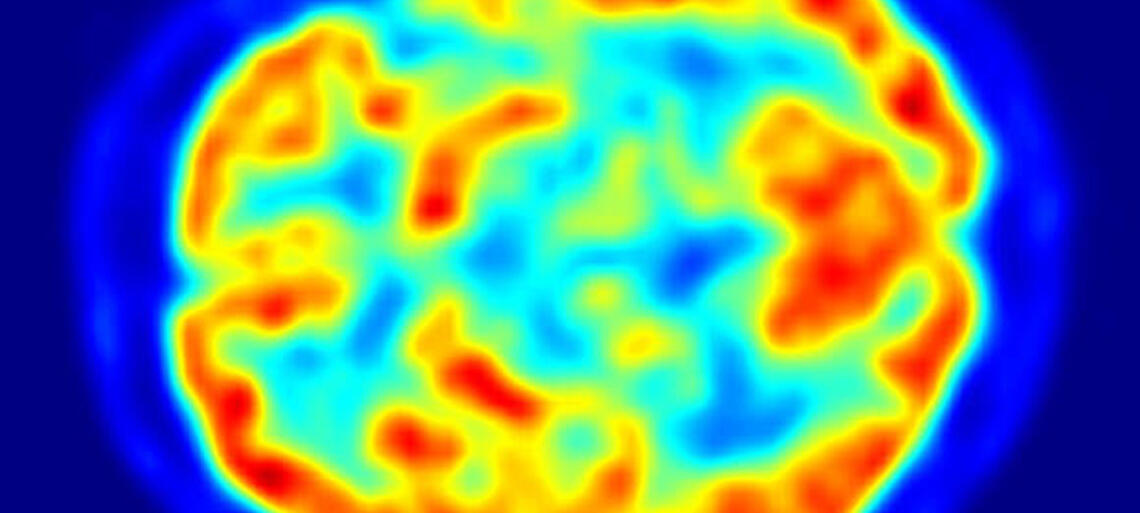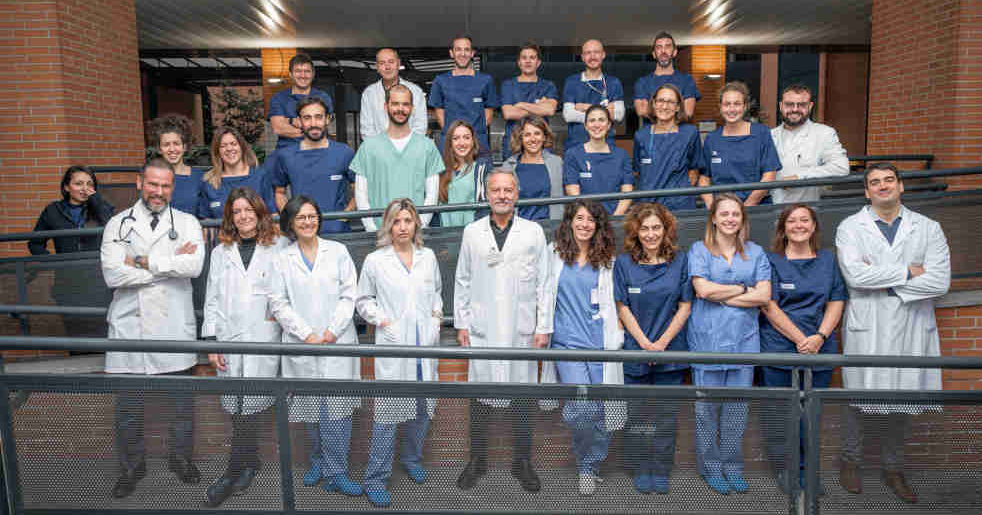Rehabilitation sciences is rooted in biology yet, it aims at behavioural results, i.e. an optimal functioning of the individual person within her/his outer environment, inclusive of other people.
Accurate and precise measurement is at the core of Science. Yet, the measurement of person’s behaviours and perceptions for too a long time imported its paradigms from biological sciences.
For instance, group means were taken as surrogate of individual measures, the person-therapist interaction was considered as a source of error variance rather than an essential ingredient of the rehabilitation program, counts of observations on questionnaires were assumed to be true linear measures.
This has made it difficult for Rehabilitation to demonstrate the levels of evidence of treatment effectiveness attained by biomedicine. Appropriate and specific research methods exist, however, and are rapidly growing. Among these, the linear transformation of questionnaire scores and the statistics of individual changes are emerging.
Trudy Mallinson will introduce the audience to this new perspective taking the example of her outstanding research on the disorders of consciousness after traumatic brain injury, an intriguing condition at the boundaries between biomedicine and behavioural medicine.
WHEN AND WHERE
Monday 24th September 2018,
15:00 - 16:30
Istituto Auxologico Italiano, IRCCS, Ospedale San Luca,
Piazzale Brescia 20, Milano
PROGRAM
14:30
Participants’ registration
15:00 - 15:20
Luigi Tesio. Measurement in biological vs. behavioural sciences: analogies and differences
15:20 - 16:00
Trudy Mallinson. The Disorders of Consciouness Scale (DOC-25). Linear transformation taking into account raters’ severity, and comparison of different approaches to measurement of responsiveness during rehabilitation
16:00 - 16:30
Discussion
SPEAKERS
Dr. Trudy Mallinson, PhD, OTR/L, FAOTA, is Associate Professor in the Department of Clinical Research and Leadership, and Associate Dean for Research in Health Sciences at The George Washington University, Washington DC. She is also Director of the Advanced Metrics Lab in the Center for Healthcare Innovation and Policy Research. Her primary research interest is how better outcomes measurement can improve health and health care services for individuals with disabilities and better inform health care policy. She advocates that clinical assessments should look and operate like rulers, so they can used that way: to measure a single dimension at a time, in order to compare real patient differences, regardless of who is using the assessment or who is being measured. Her current research addresses a variety of functional measurement issues including: measuring the recovery of consciousness in patients with severe traumatic brain injury, describing attention and awareness following mild traumatic brain injury, and the standardization and calibration of functional performance assessments to enable comparison of patient outcomes across care settings.
Prof. Luigi Tesio, MD, is specialist and Full Professor of Physical and Rehabilitation Medicine at the University of Milan. He is Director of the Department of Neurorehabilitation Sciences at the Istituto Auxologico Italiano. His research fields include 1) statistics and outcome measurement in disability studies; 2) neuromechanical correlations in balance and gait ; 3) neuromechanical correlations in voluntary movement.
REGISTRATION
Participation is free but pre-registration is necessary.
The seminar will be held in English. No CME credits, just a certificate of attendance will be provided.



